Question And Answer
Publications
Articles, publications, books, tools and multimedia features from the U.S. Institute of Peace provide the latest news, analysis, research findings, practitioner guides and reports, all related to the conflict zones and issues that are at the center of the Institute’s work to prevent and reduce violent conflict.
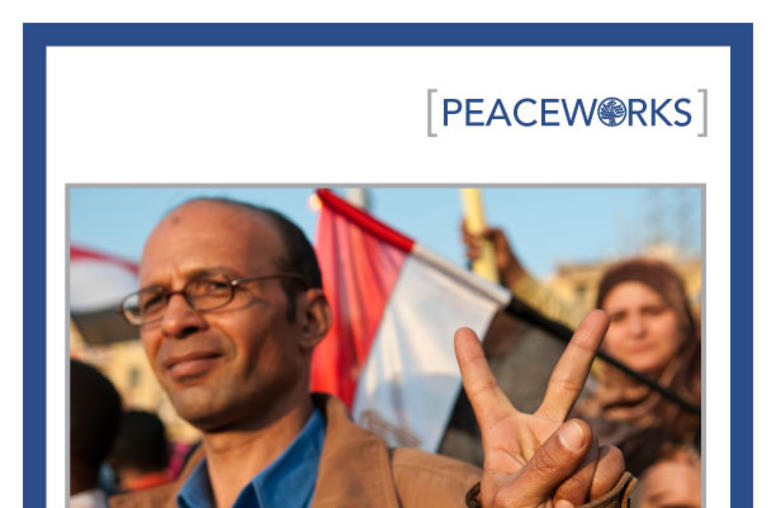
Democratic Breakthroughs: The Ingredients of Successful Revolts
Although each revolution is different, each successful case of democratic breakthrough shares common domestic and international influences. This report examines 11 cases of past successes at removing autocratic regimes and establishing elections. It then applies its findings to the emerging revolutions of the Arab Spring.
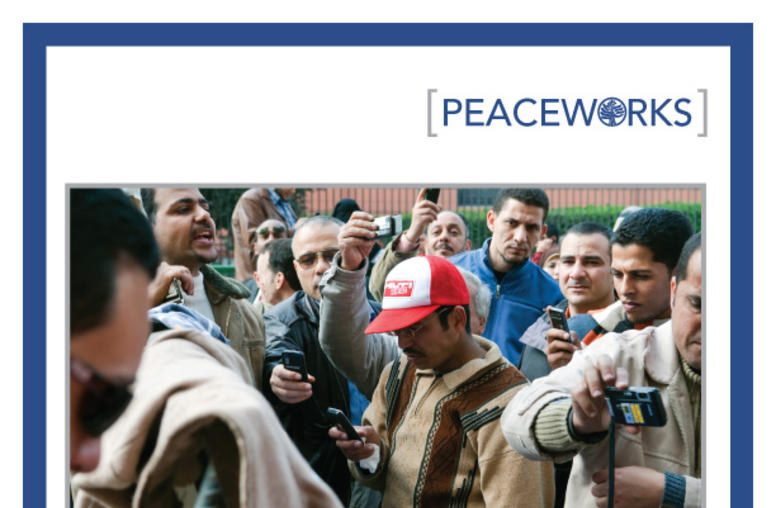
Blogs and Bullets II: New Media and Conflict after the Arab Spring
Based on Twitter and Facebook data gathered during the 2011 Arab revolutions, the authors of this Peaceworks report find that new media informed international audiences and mainstream media reporting, but they find less evidence that it played a direct role in organizing protests or allowing local audiences to share self-generated news directly with one another.
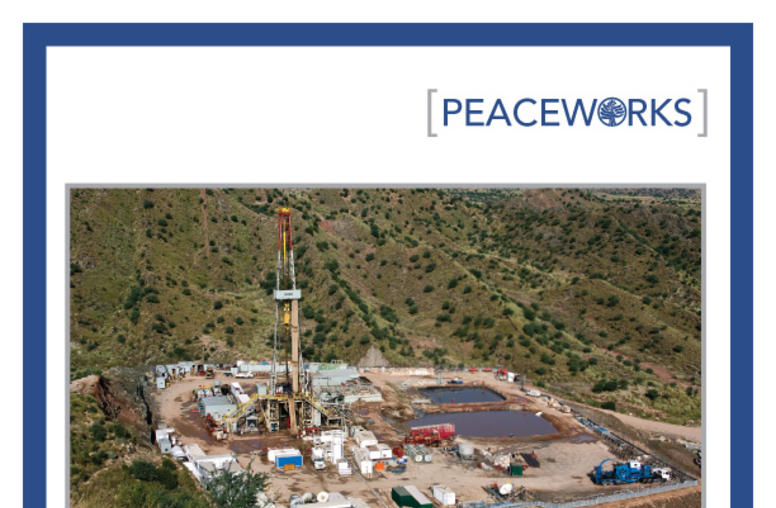
Pakistan's Energy Crisis
Pakistan faces an acute energy crisis that it cannot fix by domestic policy alone. Instead, it will need to rely on regional cooperation. How Pakistan pursues its regional options will either increase competition among its neighbors or strengthen regional ties.
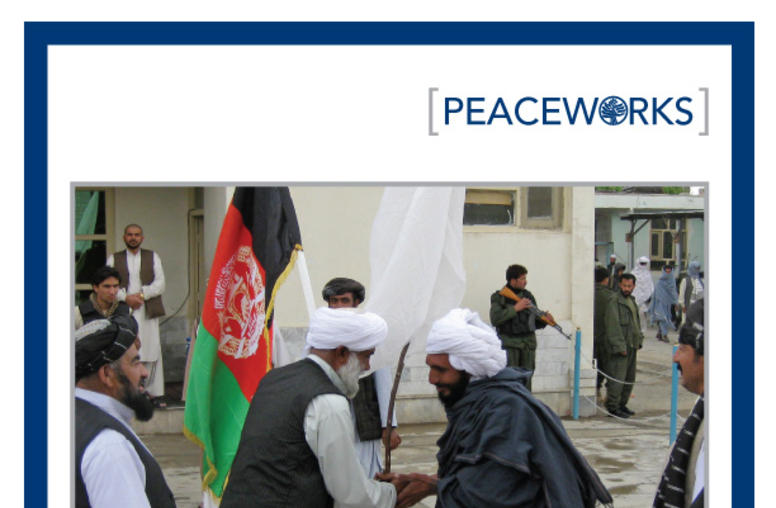
Beyond Power-sharing: Institutional Options for an Afghan Peace Process
Much of the debate about a peace settlement with insurgents in Afghanistan focuses only on political or territorial power sharing. But a successful peace process will require a broader array of measures that allow conflicting parties to share influence and balance that influence with more roles for noncombatants, civilian political actors, and vulnerable groups.
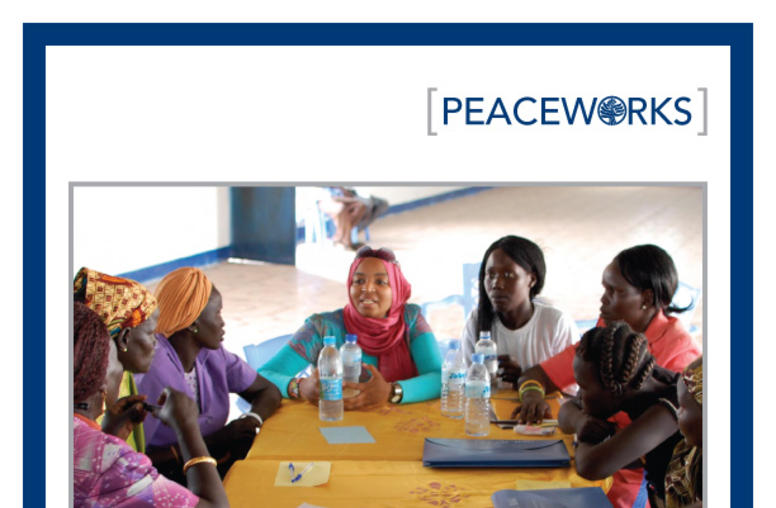
Peace Education
A new study takes stock of grantmaking in the area of peace education. It urges more support for creative, long-term approaches that test theories of change and are rooted in conflict analysis, sound evaluation plans, and indigenous approaches to peacebuilding in the classroom.
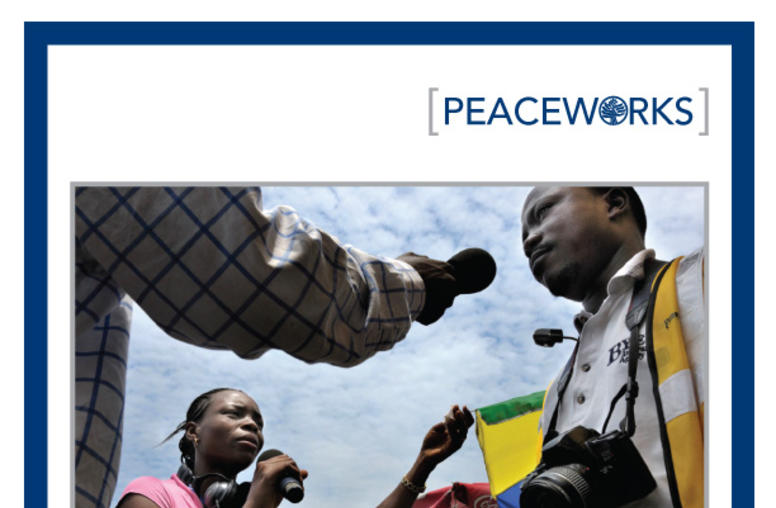
Evaluating Media Interventions in Conflict Countries
Experts lay out a set of common principles for assessing how media programs in conflict zones help or hinder peacebuilding.
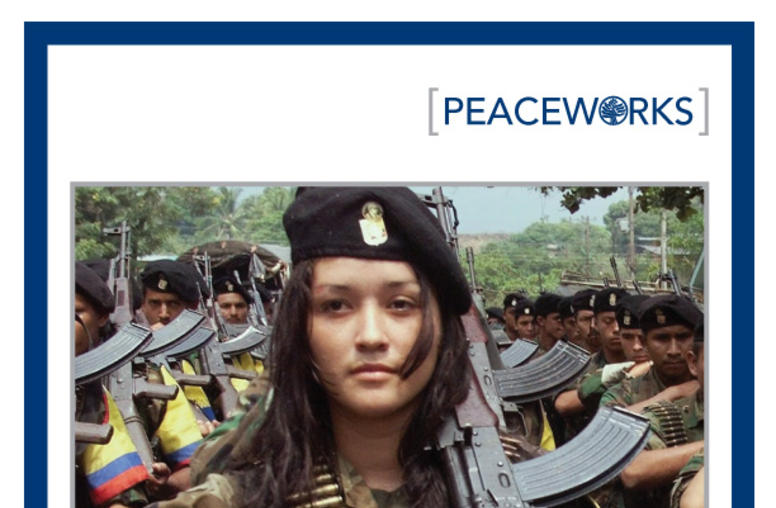
Gender, Conflict, and Peacebuilding
A new study reviews the state of research on gender and conflict and calls for increased emphasis on projects that include men and boys, sexual violence in conflict zones, and the relationship between gender identities and violence.
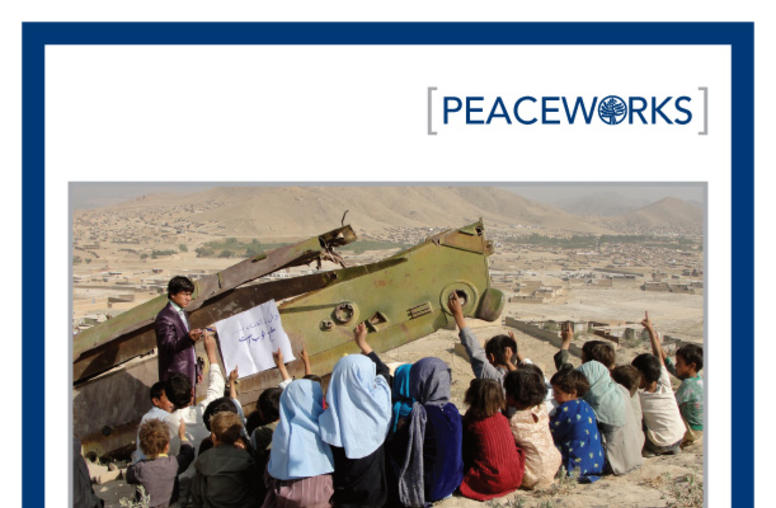
Designing a Comprehensive Peace Process for Afghanistan
This report, sponsored by the Center for Conflict Management at the U.S. Institute of Peace, draws on comparative research literature on peace processes to identify lessons applicable to Afghanistan and makes recommendations to the international community, the Afghan government, and Afghan civil society for ensuring a more comprehensive, successful, and sustainable peace process.
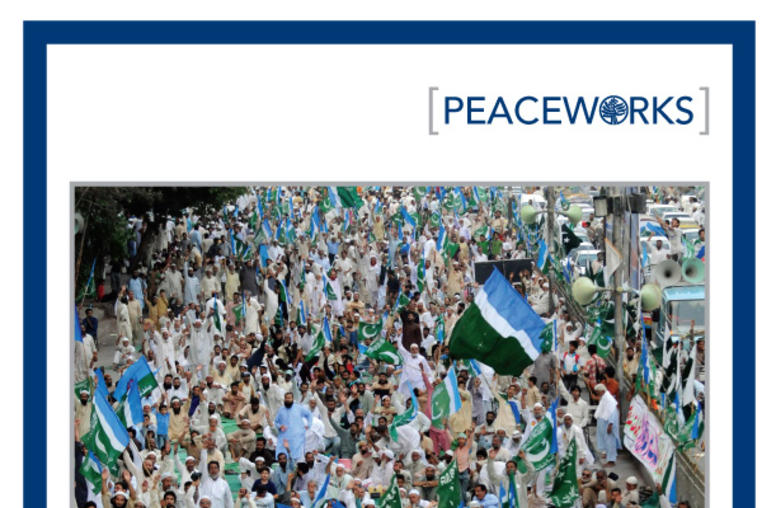
Will the Long March to Democracy in Pakistan Finally Succeed?
To break its pattern of alternating democratic and military rule, Pakistan’s civilian government should assert authority over its military and intelligence agencies, involve civil society in building a robust legislative agenda, and investigate and prosecute corruption. The international community can help by maintaining support for Pakistani institutions and organizations that have strengthened democratic practices.
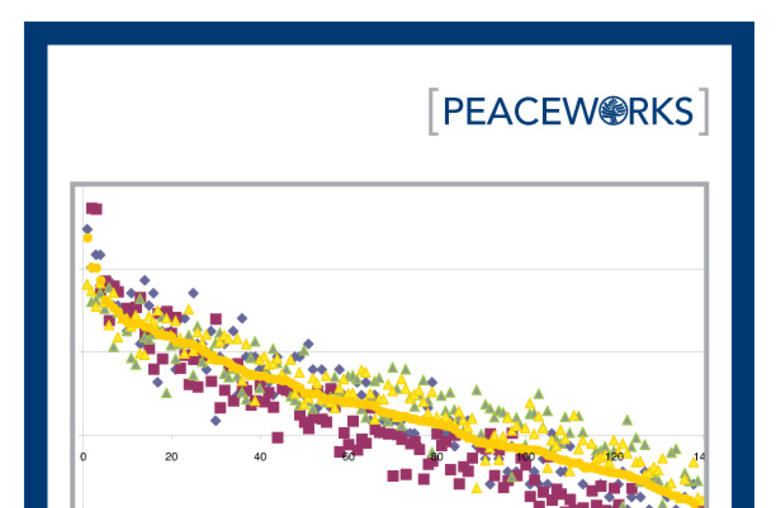
Vulnerability to Intrastate Conflict
This report, which draws on the International Futures modeling system for its analysis, focuses on vulnerability to conflict. This meta-analysis approach seeks to help those in scholarly and policy environments understand more fully the various quantitative measures on conflict vulnerabilities.